On August 30, in Omaha, Nebraska, Warren Buffett turned 95. But this was no ordinary birthday. It marked his last birthday as CEO of Berkshire Hathaway, the ship he has steered for 55 years. When he officially steps down in December, a great era in the world's financial history will come to an end.
More than just the retirement of a CEO, it’s the end of an era. An era in which a failing textile mill was transformed into a $1 trillion conglomerate with a staggering 5,500,000% return over 60 years, nearly double the performance of the S&P 500.
Buffett's legacy lies not just in numbers but in a classic investment philosophy, a unique management style, and a story of perseverance, wisdom, and humanity.
The journey from Coca-Cola boy to "Oracle of Omaha"
Buffett's journey is a classic American legend. Born in the midst of the Great Depression in 1930, young Warren showed his entrepreneurial spirit at the age of 6 when he went door to door selling chewing gum.
He bought six-packs of Coca-Cola for 25 cents and sold them for 5 cents each, making a nice 5 cent profit. He delivered newspapers, installed pinball machines in barber shops, and at age 14, used his savings to buy a farm and rent it out. By age 16, the young man had saved $5,000, the equivalent of more than $53,000 today.
But the real turning point came when Buffett read Benjamin Graham's "The Intelligent Investor." The book introduced him to the philosophy of value investing: buying a business for less than its true value to create a "margin of safety."
Buffett was so enamored that he went to Columbia Business School to study with Graham. He later worked for his mentor's firm, honing his skills in scrutinizing financial statements for "cigar butts" - cheap companies that still had one last puff of value left.
It was this approach that helped the Buffett Partnership, which he founded in 1956, grow from $100,000 to more than $20 million. But a fateful meeting in 1959 with Charlie Munger changed everything. Munger, his confidant and future Berkshire vice chairman, convinced Buffett to change course. Instead of buying mediocre companies at dirt cheap prices, Munger advised him to "buy wonderful companies at fair prices."
This new philosophy led to a pivotal decision: the acquisition of Berkshire Hathaway, which started as a dying textile mill. Buffett began buying shares in 1962 and, after being turned down by management, angrily bought back full control in 1965. Ironically, this angry "mistake" became the foundation of a great empire. Buffett gradually transformed Berkshire into a holding company, using the cash flow from the textile business (albeit ailing) to buy other companies.
His breakthrough came in the 1970s when he bought National Indemnity Insurance. Buffett recognized the beauty of “float”—the premiums customers paid in advance but the company had not yet had to pay out.
In essence, this was a huge source of capital, almost free, for him to invest in other deals. See's Candies (1972), Washington Post, Geico, Coca-Cola (1989), American Express... fell into his sights one after another. All were businesses with " economic moats" - sustainable competitive advantages that were difficult for competitors to fill.
Over the past 60 years, Berkshire Hathaway stock has grown an incredible 5,500,000%. The average annual return has been nearly 20%, twice as high as the S&P 500. From a textile mill on the brink of bankruptcy, Berkshire has grown into a $1 trillion conglomerate that owns the BNSF railroad, the Geico insurance company, the Duracell battery company, and holds huge stakes in Apple, Bank of America, Chevron, etc.
Buffett's investment journey is a classic American legend (Photo: Getty).
The man behind billions of dollars: "I go to the office every day"
Why does a 95-year-old man with a fortune of $150 billion still work hard? The answer is not about money. As professor Lawrence Cunningham of the University of Delaware said, Berkshire Hathaway is "more than a job, more than an adventure, it is a life where he is attached to his family and friends."
For Buffett, work is his identity. He has never seen it as a burden. His catchphrase, as quoted by Johns Hopkins University professor Steve Hanke, is that he "tap dances to work" every day. "Like me, Buffett loves work so much that he has never "worked" a day in his life," Hanke said. Continuing to work into old age, according to expert Kerry Hannon, helps people maintain mental health, feel "valued, needed, and useful."
Buffett doesn't believe in the concept of retiring at 65. And it has paid off handsomely for shareholders. Berkshire's stock has increased 30-fold since he turned 65 in 1995.
But then, a major event happened. In November 2023, Charlie Munger, his close partner, the genius brain who built the empire with him, passed away at the age of 99. Munger's departure seemed to be a reminder that nothing lasts forever. According to authors Jeri Sedlar and Rick Miners, the death of his close friend forced Buffett to face the reality that his own time was limited. "No one forced him to retire, but deep down, he knew it was time," they commented.
And Buffett has been preparing for this moment for a long time. A careful succession plan has been laid out. Greg Abel, head of the non-insurance business, has been named as the next CEO, starting in 2021. Buffett will not disappear completely. He will remain chairman, and, as he said at the May 2025 shareholders' meeting, he still plans to come to the office every day in 2026. The Oracle of Omaha will always be "on duty" for Berkshire.
His legacy also goes beyond financial figures. In 2010, along with Bill Gates, he founded “The Giving Pledge,” which calls on billionaires to donate the majority of their wealth to charity. Buffett himself has pledged to give away more than 99% of his Berkshire shares, and has donated more than $60 billion to date.
Co-founded the "Giving Pledge" with Bill Gates in 2010, Buffett pledged to give away more than 99% of his assets and has so far donated over $60 billion to charity (Photo: Getty).
The Final Game: Human Intuition vs. Artificial Intelligence
As the Buffett era draws to a close, a new force is rising in the world of finance: Artificial Intelligence (AI). AI-powered investment funds are becoming increasingly common, able to analyze millions of documents in a flash, sift through data at superhuman speeds and make decisions based on complex algorithmic models.
Naturally, the question arises: Can AI replace Warren Buffett?
Buffett himself has always been reserved. At a shareholder meeting, he likened AI to nuclear weapons and admitted that it “terrifies me.” This skepticism is not unfounded. His philosophy is built on very “human” qualities, things that algorithms have trouble quantifying.
Take a look at his investment lessons:
Invest only in what you understand: Buffett invests mainly in “old” industries like insurance, railroads, and consumer goods. He rarely touches high-tech, unless it is a company with a clear business model and a strong “moat” like Apple. AI can process data from any industry, but does it really “understand” a company’s business and culture?
Buy great companies at fair prices: Buffett typically pays no more than 15 times forward earnings. AI can easily filter out stocks that meet this criteria. Doug Clinton, who runs an ETF that uses ChatGPT and Gemini as its “investment committee,” says his AI can replicate Buffett’s method 80% of the time by sifting through financial metrics.
Concentrated Investing: Berkshire’s portfolio is extremely concentrated, with its five largest holdings accounting for 70% of its total value. This is a show of absolute confidence in its judgment, a big bet that AI, which is designed to diversify and reduce risk, would likely shy away from.
The biggest challenge, Clinton admits, is the remaining 20%, the so-called investment “taste.” It’s that elusive quality, the intuition that allows an investor to look at 50 companies that meet the same quantitative criteria and instinctively pick just two winners. That’s when Walt Disney personally took Buffett on a tour of Disneyland, convincing him to believe in his vision. That’s when Buffett poured billions into Goldman Sachs and General Electric in the midst of the 2008 crisis, not just because of the numbers on paper, but because he believed in the strength and survival of American institutions. AI can analyze the past, but humans bet on the future.
Moreover, AI lacks one ultimate quality: accountability. Bob Elliott, former head of Bridgewater Associates, points out that investors want a human face. You can’t fire an algorithm or hold it accountable to Congress , as Buffett did to save Salomon Brothers in 1991.
AI may be the finance industry's most powerful employee, but it's not yet Warren Buffett (Photo: trackngrow).
Warren Buffett may be stepping down as CEO, but his legacy is not. Greg Abel will inherit a strong empire, a money-making machine. But even bigger is a philosophy that has been proven for nearly a century.
The world of finance will continue to change. AI will get smarter, faster, and become an indispensable tool. But Warren Buffett’s life story reminds us that investing, at its deepest level, is not a game of numbers or algorithms. It is a game of patience, of integrity, of understanding human nature and recognizing true value where others see only fear.
The new era of Berkshire will not have Warren Buffett at the helm, but his compass remains. And in the long-term game of man versus machine, the lessons of the “Oracle of Omaha” may be the strongest “economic moat” that no artificial intelligence can replicate, at least for now.
Source: https://dantri.com.vn/kinh-doanh/warren-buffett-o-tuoi-95-van-co-cuoi-cung-va-di-san-truoc-ky-nguyen-ai-20250830203607212.htm


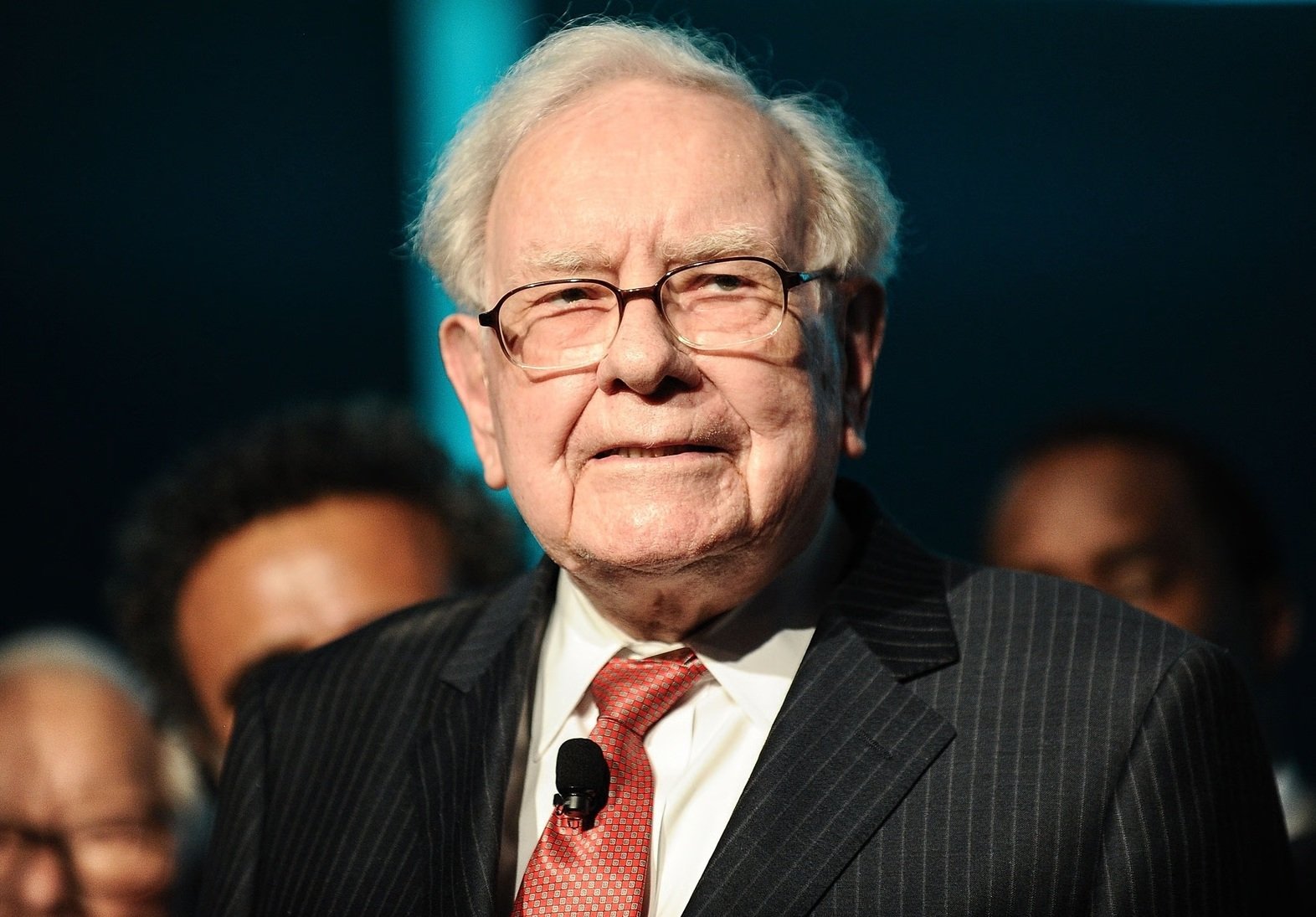
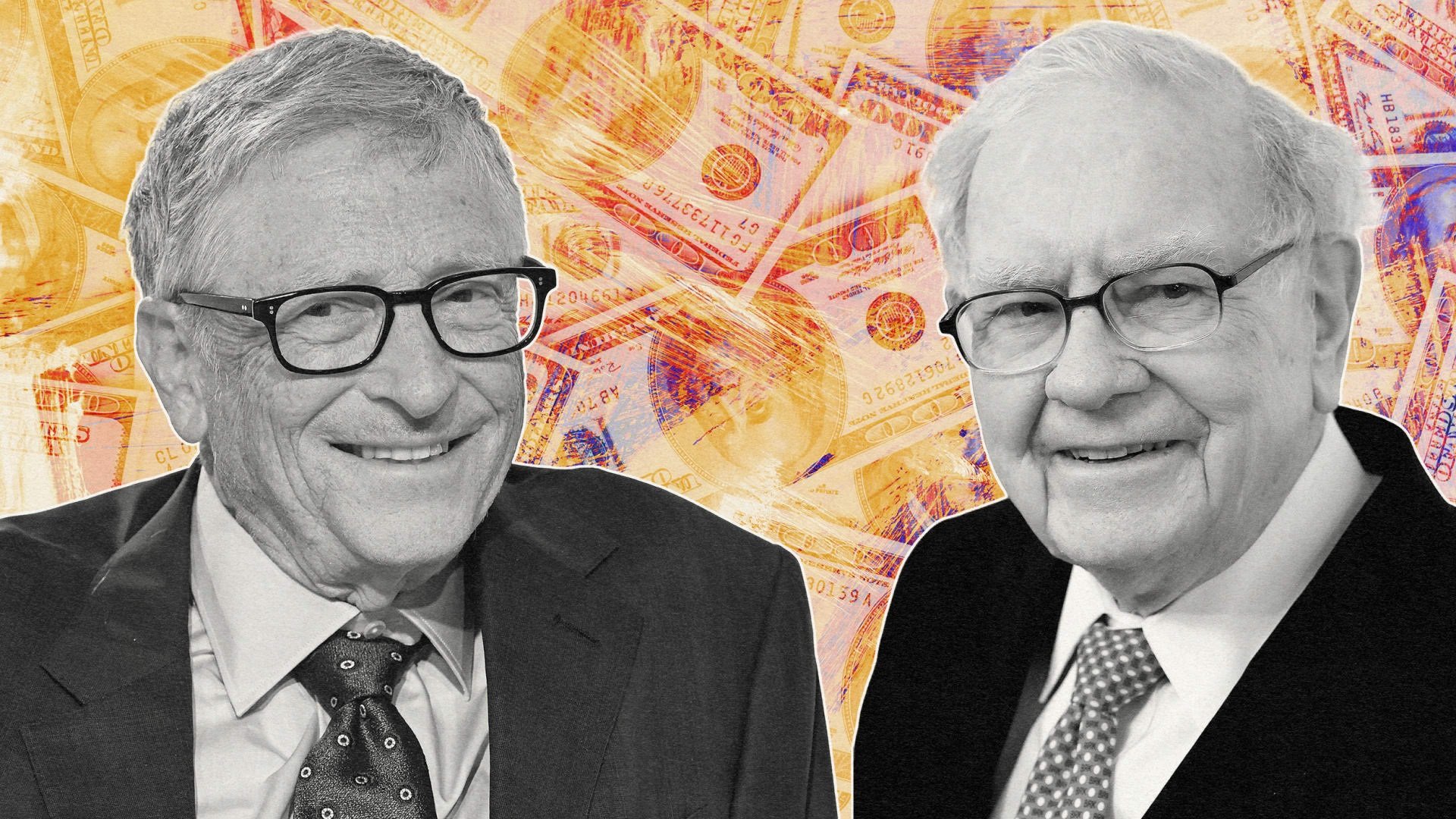
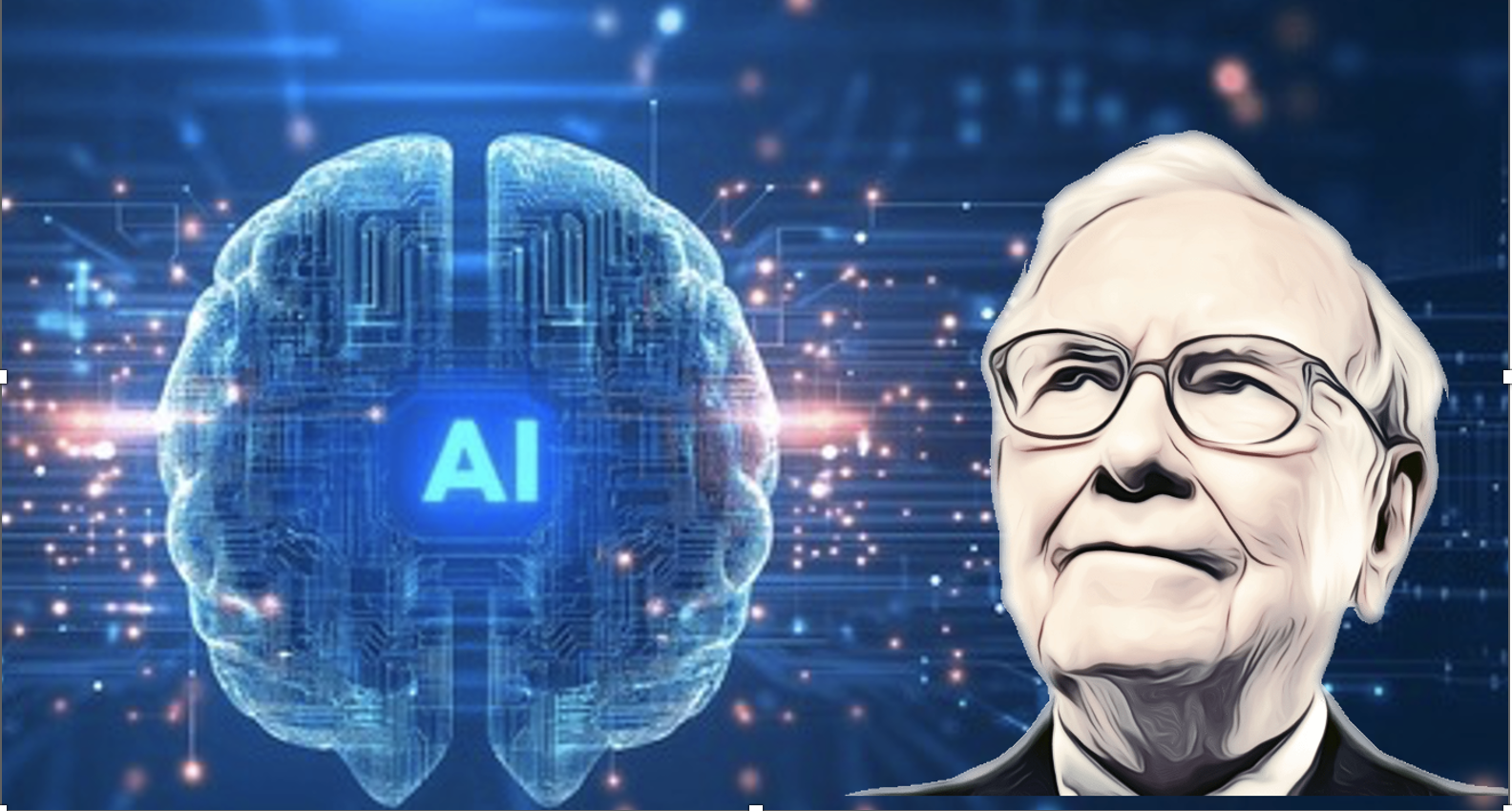
![[Photo] Human love in the flood in Hue](https://vphoto.vietnam.vn/thumb/1200x675/vietnam/resource/IMAGE/2025/10/29/1761740905727_4125427122470875256-2-jpg.webp)


![[Photo] Prime Minister Pham Minh Chinh chaired a meeting to evaluate the operation of the two-level local government model.](https://vphoto.vietnam.vn/thumb/1200x675/vietnam/resource/IMAGE/2025/10/29/1761751710674_dsc-7999-jpg.webp)
![[Photo] Hue: Inside the kitchen that donates thousands of meals a day to people in flooded areas](https://vphoto.vietnam.vn/thumb/1200x675/vietnam/resource/IMAGE/2025/10/29/1761738508516_bepcomhue-jpg.webp)

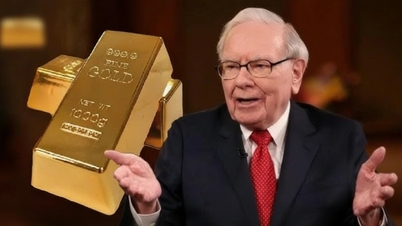
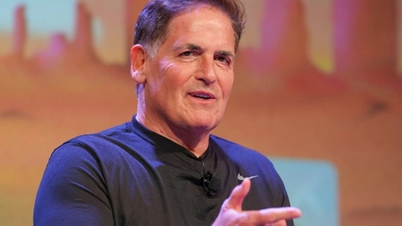
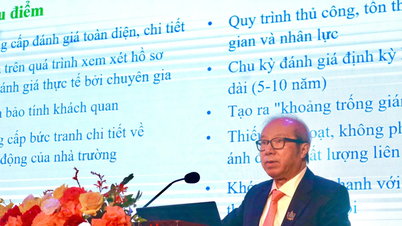

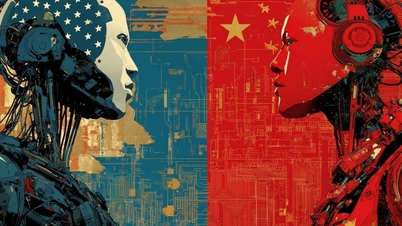







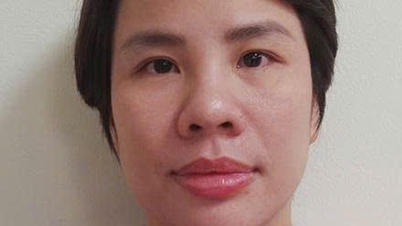

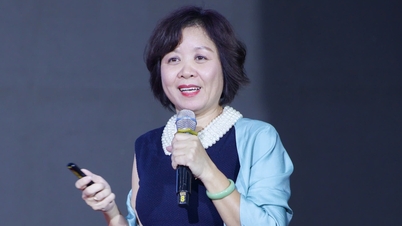













































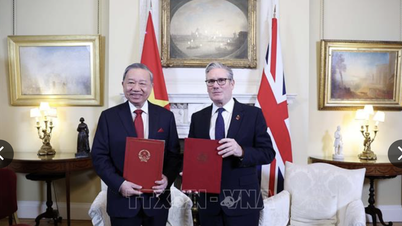
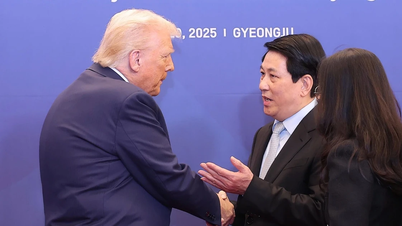

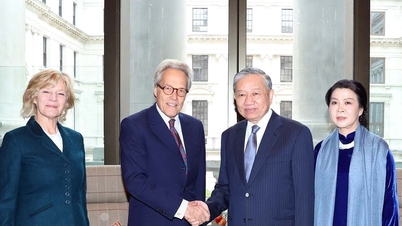
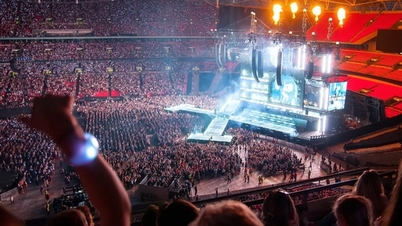

![[Live] Concert Ha Long 2025: "Heritage Spirit - Brightening the Future"](https://vphoto.vietnam.vn/thumb/402x226/vietnam/resource/IMAGE/2025/10/29/1761743605124_g-anh-sang-am-thanh-hoanh-trang-cua-chuong-trinh-mang-den-trai-nghiem-dang-nho-cho-du-khach-22450328-17617424836781829598445-93-0-733-1024-crop-1761742492749383512980.jpeg)






























Comment (0)